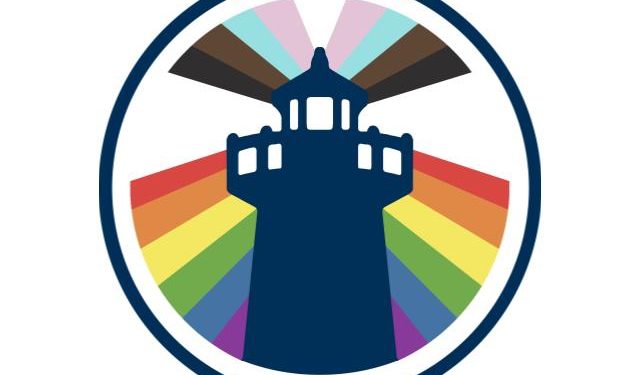Our Commitment
Landmark Outreach is committed to helping educators understand and adopt practices to undo and prevent social inequities in special education services and literacy instruction. Equity is fundamental to the work of special educators. Ensuring that the values of Diversity, Equity, Inclusion, and Belonging (DEIB) are consistently central to the work done by Landmark Outreach will equip the educators with whom we work to accurately identify, assess, and instruct all students with language-based learning disabilities. Additionally, we value all aspects of students’ identities, including the intersections of race, ethnicity, gender, and socioeconomic status with their learning abilities.
Unfortunately, students from marginalized social groups are often misidentified in consideration for special education services. Studies primarily indicate an overrepresentation of students of color, raising questions about bias. When Black students qualify for special education services, “there is evidence that they are more likely to be identified as intellectually disabled or behaviorally disordered rather than having a learning disability such as dyslexia or other conditions such as speech or language impairment or ADHD” (LDA, n.d.). Furthermore, “the outcomes associated with placement in ineffective special education programs also include exposure to an environment that leads to more severe and frequent disciplinary action” (Morgan, 2020, p. 73), which only serves to perpetuate the cycle of failure.
In addition, literacy development is an equity issue. Clear gaps are evident in reading development among students from marginalized communities, regardless of special education placement. According to recent research, “Black children, Hispanic children classified as ELs, and children from economically disadvantaged backgrounds are substantially less likely to reach proficiency standards on their third-grade reading assessment relative to their White and more-advantaged peers who enter kindergarten with similar literacy skills” (Herring et al, 2022). Therefore, it is essential to promote awareness and provide guidance for educators to implement equitable literacy instruction.
How we Approach DEIB
Landmark Outreach strives to ensure equity and culturally responsive practice in our materials, courses, and partnership work with educators by …
- Deepening our own understanding as an organization around inclusive practices
- Collaborating with other organizations to build relationships and knowledge
- Engaging the diverse voices of our participants in our courses and partnership work
- Incorporating culturally responsive pedagogy into our work
- Analyzing and reflecting on relevant data to better understand the students and educators with whom we partner
- Continuing to reflect on our work and evolve as we use current research to update programs and content
Landmark Outreach is committed to furthering its DEIB practices, but we acknowledge that we are continually learning and evolving. We welcome the opportunity to partner with other organizations, districts, schools, and educators that can help us fulfill our mission.
References
Barto, A. (n.d.). Disproportionate Identification of Students of Color in Special Education – Learning Disabilities Association of America. Learning Disabilities Association of America. Retrieved February 1, 2024, from https://ldaamerica.org/lda_today/disproportionate-identification-of-students-of-color-in-special-education/
Herring, W. A., Bassok, D., McGinty, A. S., Miller, L. C., & Wyckoff, J. H. (2022). Racial and Socioeconomic Disparities in the Relationship Between Children’s Early Literacy Skills and Third-Grade Outcomes: Lessons From a Kindergarten Readiness Assessment. Educational Researcher, 51(7), 441-450. https://doi.org/10.3102/0013189X221091535
Morgan, H. (2020, December). Misunderstood and Mistreated: Students of Color in Special Education. Voices of Reform: Educational Research to Inform and Reform, 3(2), 72-81. https://files.eric.ed.gov/fulltext/ED610548.pdf
